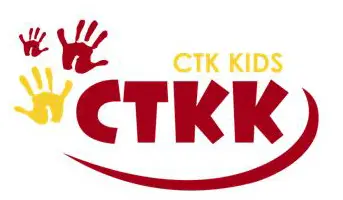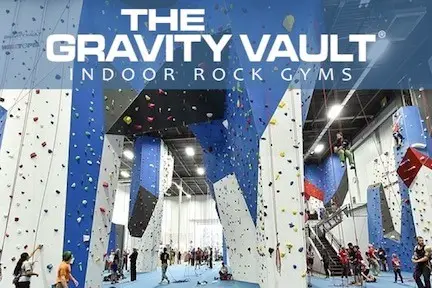More After-School Articles:
These Are the Best Places to Find Kids Exercise Videos
Here are some virtual gyms offering virtual fitness classes and kids exercise videos for at-home gym class.Latest News:
Sports Classes & Fitness for Kids in Rockland & Bergen County, NJ
UPDATED January 2020: Keep your child active with sports and fitnesses classes in Rockland and Bergen County. Get the full list online.Family Activities:
Have a Laugh:
Best Memes of the Week for Parents
Here are the funniest parenting memes from Instagram, Facebook, and Reddit this week.Featured Listings:

Karate Academy of Bethpage (The)
Bethpage, NY At The Karate Academy of Bethpage our goal is to provide the most dynamic, age-specific Martial Arts training available. TKA opened Sept 2004 and sinc...

CK Kids
Middle Village, NY CK Kids offers families one location for all of their educational and leisure activities. Test prep, private tutoring and summer bridge classes are of...

Kate Tempesta's Urban Golf Academy
Kate Tempesta’s Urban Golf Academy (UGA) brings golf to children as young as 3 years old! Check out their weekly programs in on the Upper East Side or...

Gravity Vault Melville Indoor Rock Gym
Melville, Whatever your climbing passion The Gravity Vault Melville has it all. The Gravity Vault Indoor Rock Gyms’ mission is to make everyone’s rock climb...


